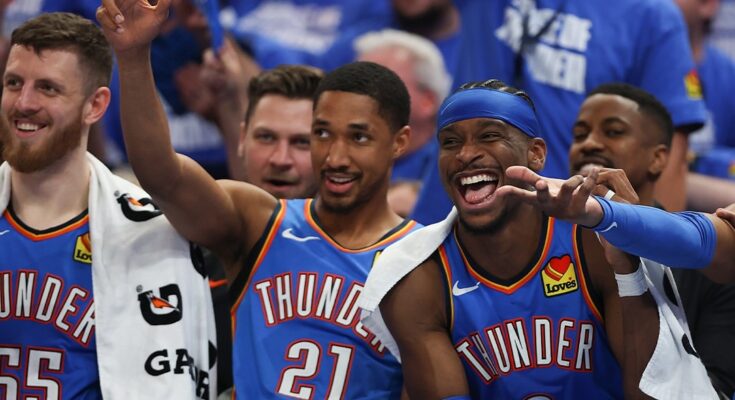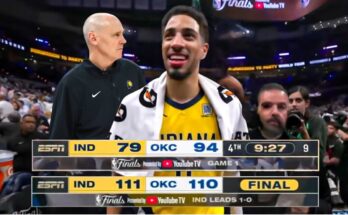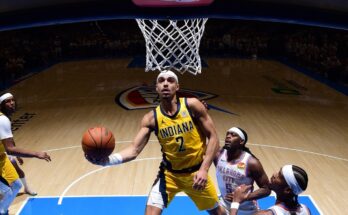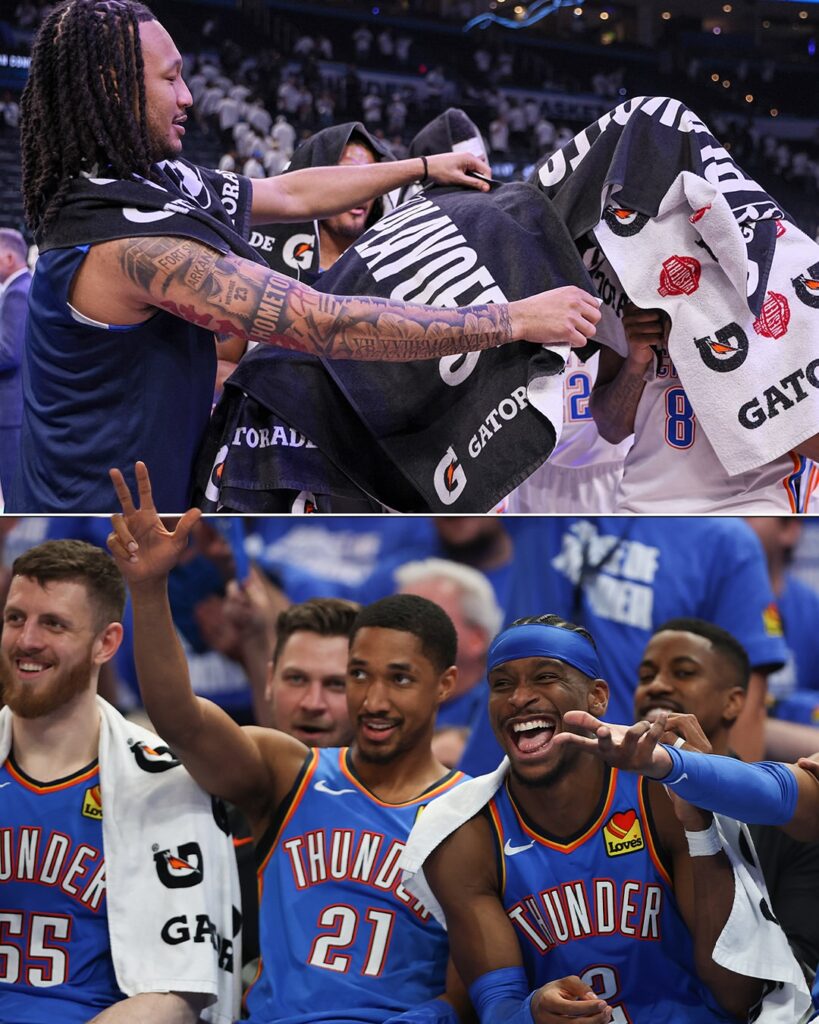
In today’s NBA landscape, much is made about superteams—those star-studded rosters built by assembling the league’s best talent, often through blockbuster trades and free agency moves. The allure of superteams is undeniable: a handful of elite players banding together to chase championships, creating highlight reels and headlines. But beyond the glitz and glamour of star power, there’s an often overlooked, yet profoundly powerful force driving basketball success: friendship.
Why Friendship Triumphs Over Just Talent
Talent can win games, but friendship builds teams that win championships. Chemistry on the court starts with trust, understanding, and genuine connections off it. When teammates are true friends, they communicate better, push each other harder, and stay united through the highs and lows.
Think about the countless stories from locker rooms about players who are more like brothers than coworkers. This bond translates into seamless teamwork, where everyone knows their role and plays selflessly. Friendship fosters an environment where players sacrifice individual glory for the collective goal—a dynamic that no superteam can simply buy with contracts or trades.
Examples from NBA History
Many of the greatest teams in NBA history weren’t just collections of stars; they were groups of friends who shared a deep connection. The 2004 Detroit Pistons, for instance, shocked the world not by having a superteam, but by having an unbreakable bond forged through grit, defense, and trust. Their chemistry was palpable, and they defeated the star-studded Lakers that year in the Finals.
Similarly, the 2014 San Antonio Spurs showed that teamwork and friendship could dethrone more hyped superteams. Led by Tim Duncan, Tony Parker, and Manu Ginobili—who shared years of camaraderie—the Spurs played beautiful, unselfish basketball that came from a place of mutual respect and friendship.
The Modern Day: Friendship’s Role Amid Superteams
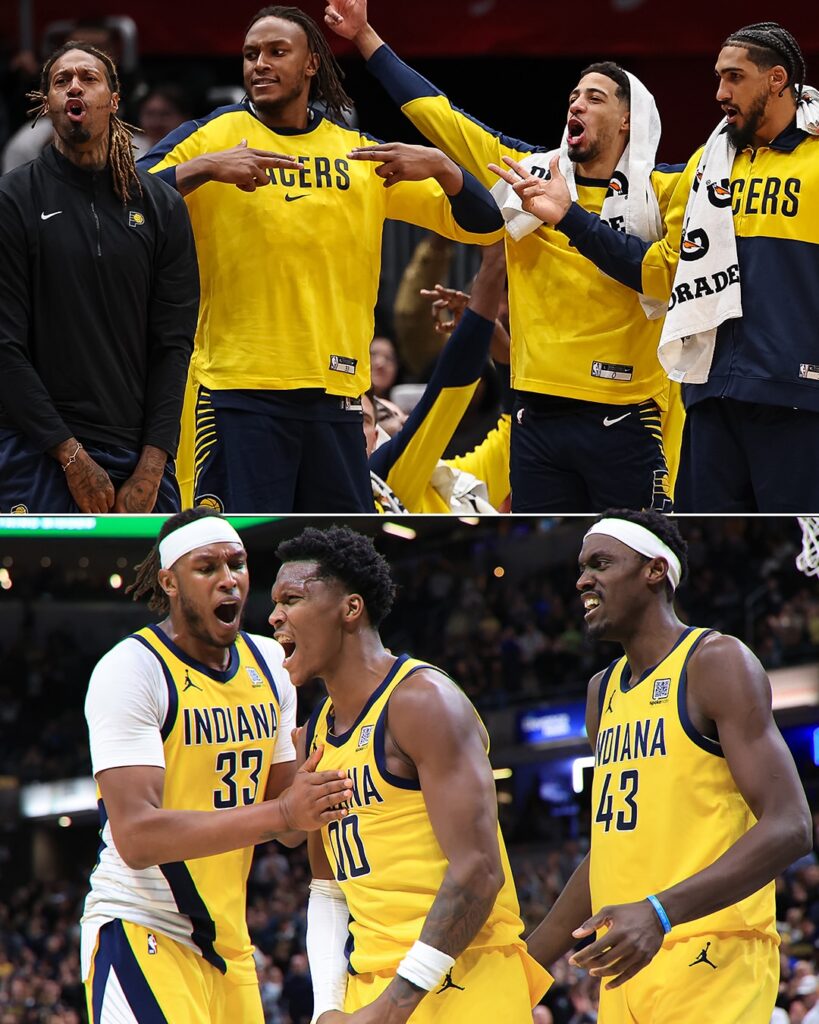
Even today, in an era dominated by superteams, friendship remains a key ingredient. Take the Miami Heat’s “Big Three” of LeBron James, Dwyane Wade, and Chris Bosh. Yes, they were all stars, but their close friendship helped them mesh quickly and work through challenges. The chemistry developed off the court was essential in winning multiple championships.
Contrast that with some superteams that, despite talent, struggled with internal conflicts and egos. The lesson is clear: chemistry born from genuine friendship can outshine raw talent alone.
Friendship Sparks Motivation and Accountability
Friends hold each other accountable in ways that go beyond coaching or management. When you care deeply about your teammates as people, you’re motivated to push yourself harder—not just for personal success, but because you don’t want to let your friends down.
This accountability leads to better preparation, effort, and resilience. In tight games and intense playoff moments, it’s the friendship-driven trust that can be the difference-maker. Players know their friends have their back, reducing pressure and enabling more confident, cohesive play.
Friendship Creates a Positive Culture
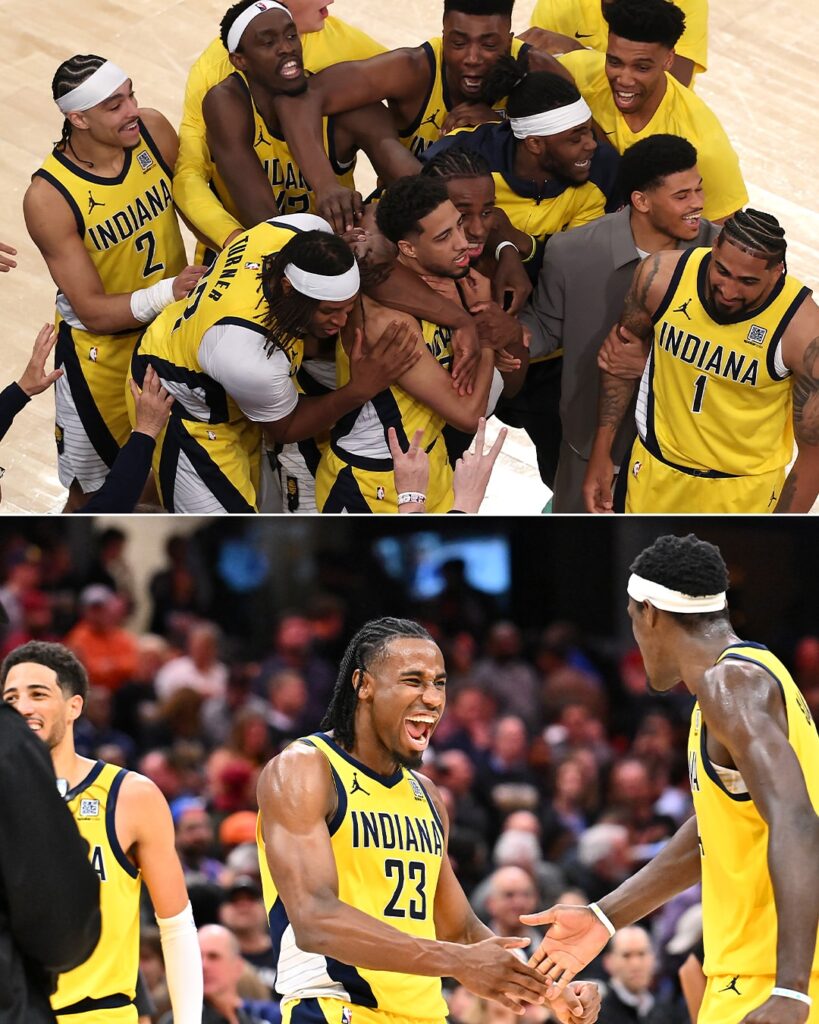
Culture is often cited as a vital component of championship teams. But culture isn’t just about slogans or rituals — it’s about the relationships that form the foundation. When a team’s culture prioritizes friendship, respect, and support, players thrive.
A positive, friendship-based culture fosters open communication, creativity on the court, and emotional support during slumps. This environment helps players grow not only as athletes but as people.
Friendship Beyond the Court
The power of friendship extends beyond the hardwood. Friends share life experiences, support each other through challenges, and celebrate successes together. This deep personal connection strengthens team bonds, helping players endure the grueling schedule and pressures of professional basketball.
Friendship also builds loyalty, making players more likely to stick with a team long-term and weather difficult seasons. This stability is often missing in superteams built primarily around contracts and star power.
How Friendship Fuels Underdog Success Stories
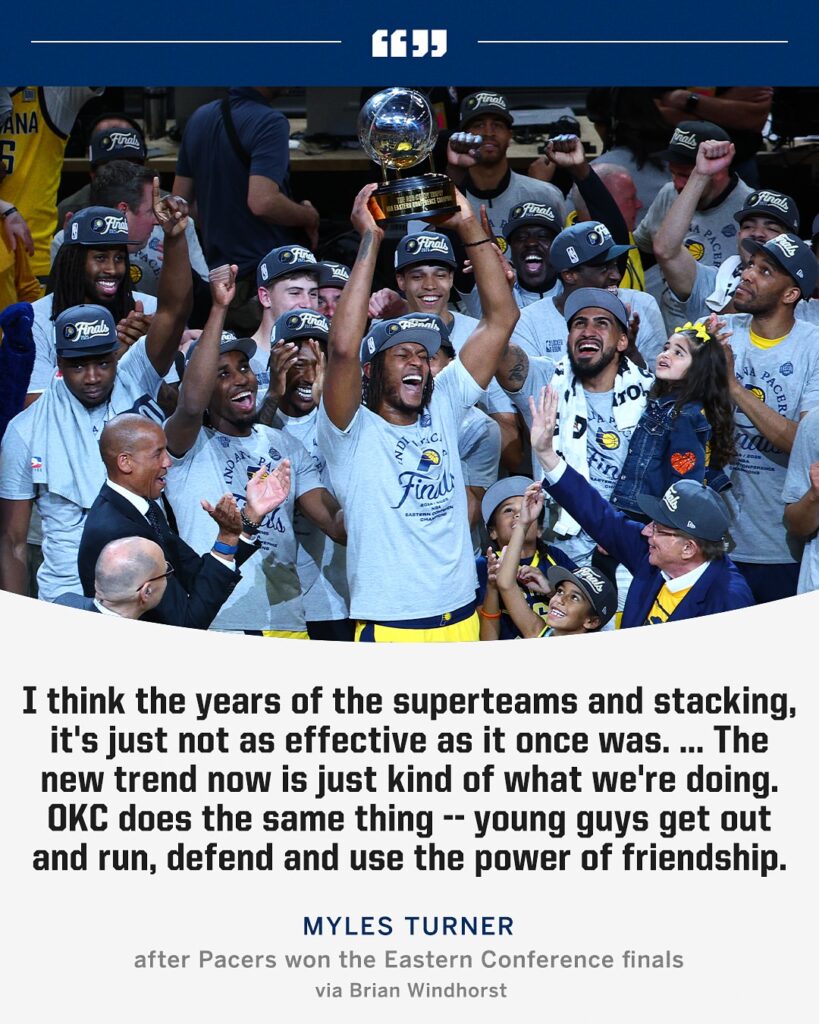
Some of the most inspiring playoff runs come from teams whose power lies in their friendship rather than star power. These teams might lack multiple All-Stars, but their chemistry and cohesion make them formidable.
For example, look at the recent rise of teams like the Indiana Pacers with Tyrese Haliburton and their young core. Their synergy and trust have propelled them to punch above their weight against more star-studded opponents.
Friendship Inspires Fans Too
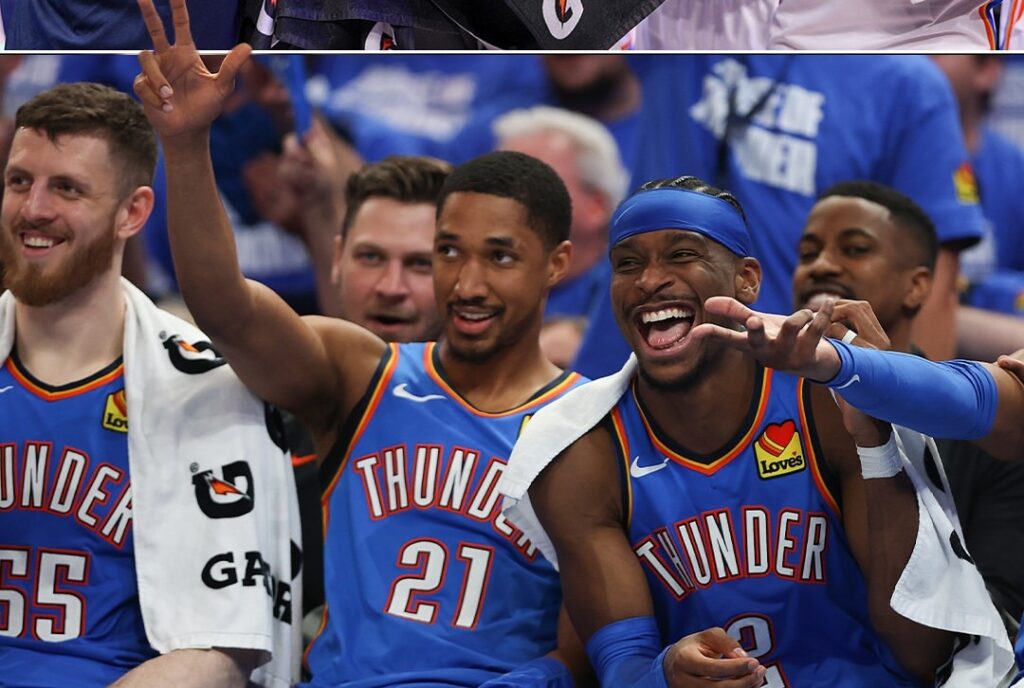
Fans are drawn to teams that play with heart and unity — qualities friendship naturally nurtures. Watching friends battle together evokes a sense of authenticity and relatability. It’s why we cherish stories of players who grew up together or stayed loyal to their team through thick and thin.
The narrative of friendship in sports reminds us that success is more than trophies; it’s about shared journeys, mutual respect, and genuine human connections.
In Conclusion: The Power of Friendship Outshines Superteams
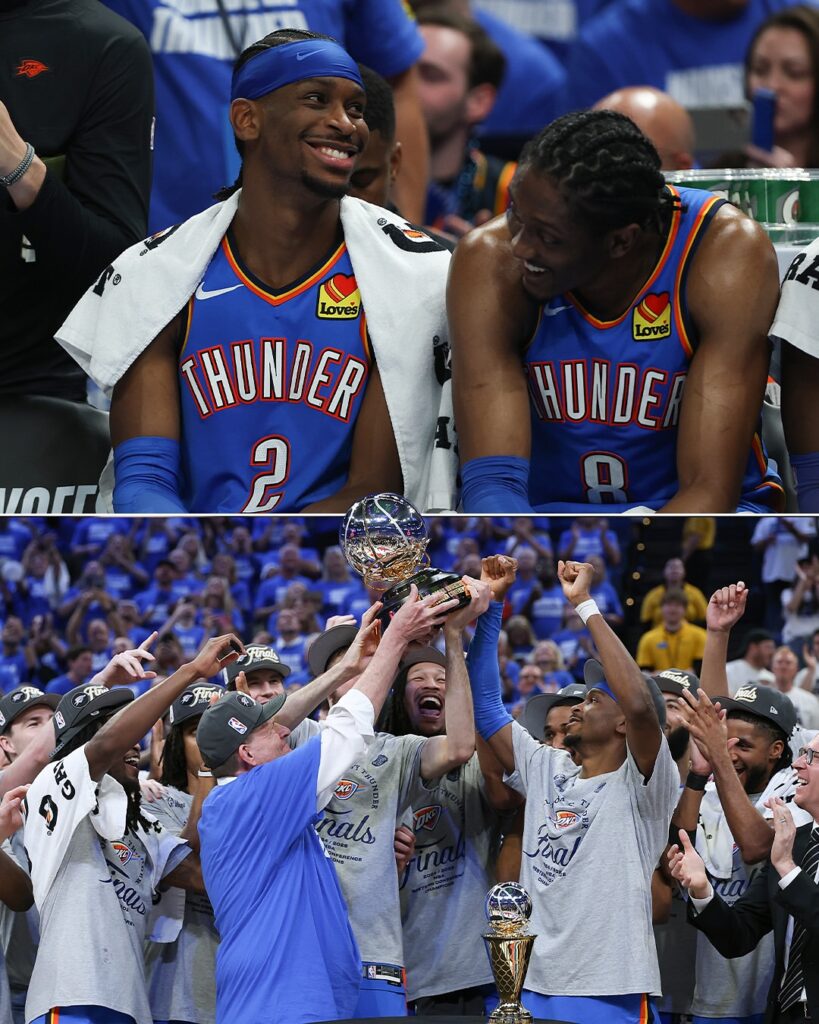
Superteams may capture headlines and stack up star power, but the power of friendship creates a foundation for lasting success. When teammates truly care for and believe in each other, their collective strength transcends individual talent.
Friendship brings motivation, accountability, culture, and resilience. It sparks the kind of teamwork that can dismantle even the most star-studded opponents. As the NBA continues to evolve, it’s clear that while superteams will always be part of the conversation, it’s the bonds of friendship that build champions — and memories that last forever.
In the end, friendship > superteams ☺️.
